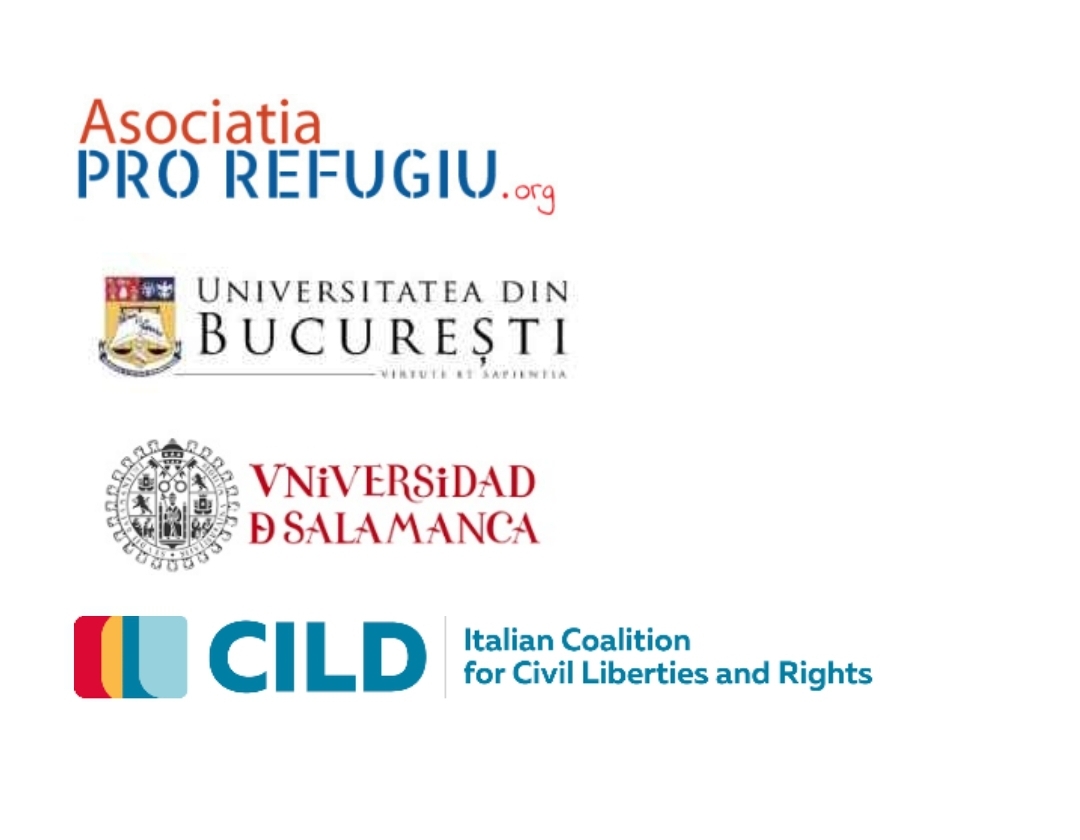The 5th newsletter of the European disability project “LITIS” is online.

Newsletter n. 5
Dear collaborators and stakeholders,
As the LITIS Project comes to a close, we are pleased to share the latest developments, reflections, and resources produced over the course of the project.
On November 20, we held the Final Conference in Bucharest, welcoming legal specialists and experts from Romania, Italy, and Spain. The conference offered a space to discuss the role of strategic litigation in reinforcing the rights of persons with disabilities, exchange experiences, and summarize lessons learned throughout the project.
We launched LITIS because many people with disabilities still face significant barriers when reporting violations of their rights, particularly in complex cases involving multiple or intersectional discrimination. Access to justice is often limited, and professionals who could assist may lack the knowledge or tools to pursue strategic litigation effectively. LITIS sought to address these gaps by providing practical guidance, evidence-based resources, and a framework to support rights advocacy.
As this is our final communication, we invite you to explore the two main publications developed within LITIS, available in English, Romanian, Italian, and Spanish. These resources are designed primarily for legal professionals, but they are also accessible to anyone seeking to understand strategic litigation and its role in protecting the rights of persons with disabilities.
The Compendium of Strategic Litigation Case-Law Summaries brings together recent cases from national, European, and international courts. It highlights both the legal reasoning and the human dimension of strategic litigation, showing how, why, and by whom rights violations are taken to court. Each summary presents case facts, procedural history, outcomes, and includes brief testimonials from professionals involved, providing practical insights into how strategic litigation works in real contexts.
The Strategic Litigation Handbook offers guidance for legal professionals and rights defenders on planning and advancing cases before national and supranational courts and quasi-judicial bodies. Beyond individual cases, it focuses on achieving meaningful legal and policy changes. The handbook addresses key legislation, case design, procedural considerations—including intersectional discrimination—and strategies for building advocacy that extends beyond the courtroom.
Thank you for your involvement and support throughout the LITIS Project. We look forward to seeing the long-term impact of this project and the collective efforts made to strengthen the rights of persons with disabilities.
Warm regards,
The LITIS Project Team






